Dog training is not just about teach your dog obedience; it’s about strengthening the bond between you and your furry friend. This is where dog training games come into play, literally. These games are designed to be fun, engaging, and educational for dogs of all ages and breeds. They provide mental stimulation, physical exercise, and essential socialization for your canine companion.
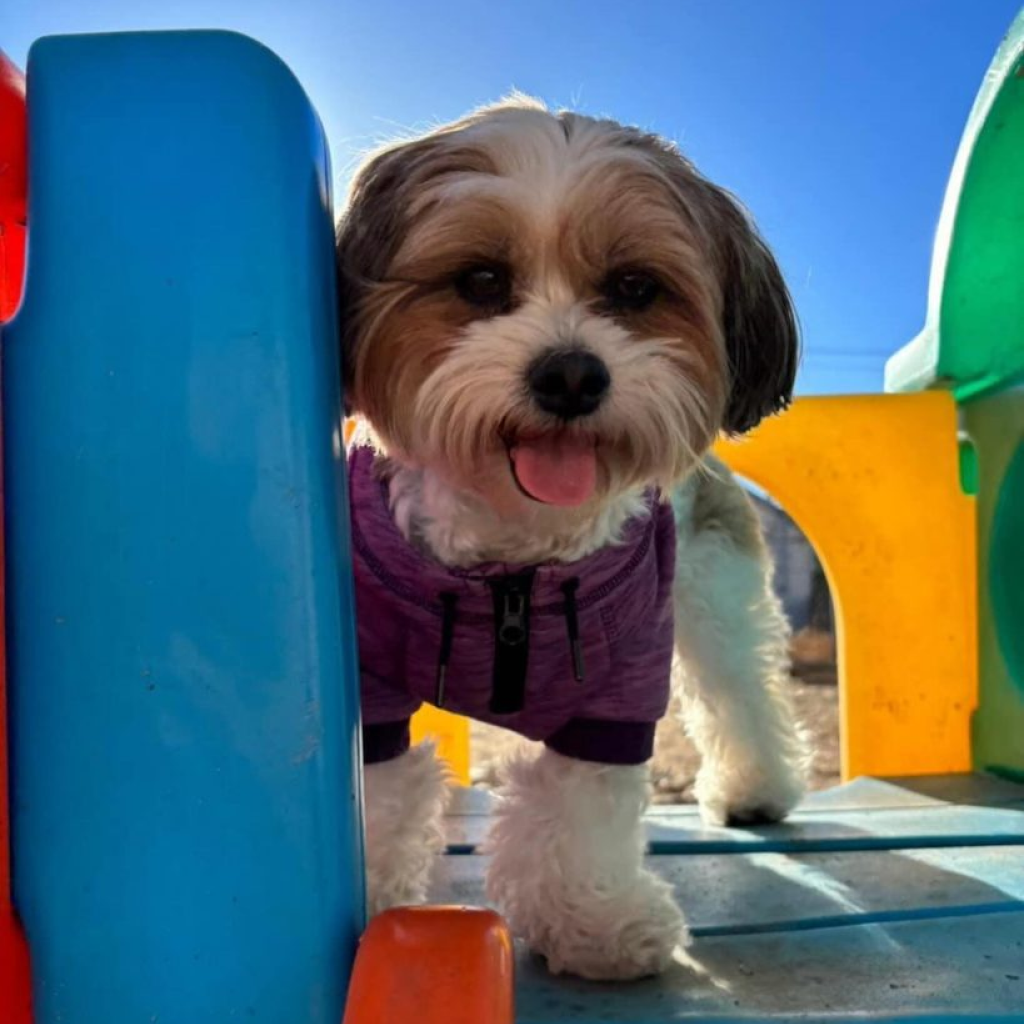
The Benefits of Scent Work Games for Dogs
Scent work games are particularly beneficial as they tap into a dog’s instinct to use their nose. These games help improve your dog’s focus and concentration, reduce stress, and provide an excellent outlet for their energy. They are handy for naturally curious dogs or breeds historically used for hunting or tracking.
The following section will delve into essential training games for puppies, focusing on their developmental stages and needs.
Essential Puppy Training Games
Training a puppy is a critical phase in its development. The games you choose to play can significantly influence your learning and behavior in the future. Puppy training games are designed to be simple yet effective in if you want to teach your dog basic commands and social behaviors.
Engaging Games for 8-Week-Old Puppies
At eight weeks old, puppies are just beginning to understand their environment. Games at this stage should focus on gentle socialization and basic command training. Simple games like Fetch with soft toys or Find the Treat can be great starters. These games encourage interaction and establish communication between you and your puppy.
Mental Stimulation Games for Young Puppies
For young puppies, mental stimulation is as crucial as physical exercise. Puzzle toys that dispense treats when solved or hide-and-seek games where they find a hidden object or person can be excellent for their cognitive development. These games not only entertain them but also help in developing problem-solving skills.
Games for Adult and Older Dogs
As dogs grow older, their needs and capabilities change. Adapting their training games to match their physical and mental abilities is crucial. Adult games and older dogs should be engaging yet not physically demanding, focusing on mental stimulation and maintaining mobility.
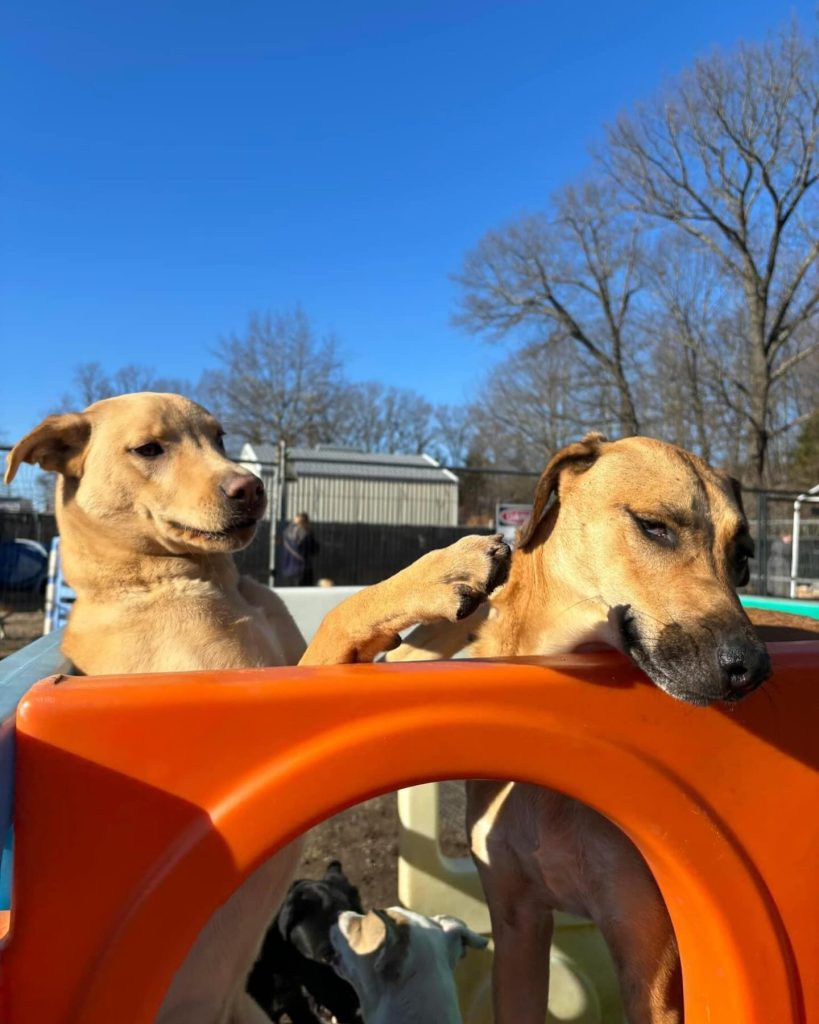
Suitable Training Games for Older Dogs
- Memory Games: Simple games like hiding treats under cups and shuffling them around can be great for mental stimulation. Play this game and older dogs can use their sense of smell and memory to find the treat.
- Gentle Fetch: Modify the classic game of fetch to suit older dogs. Use softer toys and throw them a shorter distance to avoid strain on their joints.
- Trick Training: Teaching new tricks is for more than just young dogs. Older dogs can learn simple tricks like ‘shake hands’ or ‘roll over,’ which can be mentally stimulating and physically gentle.
- Walk and Stop: During walks, intermittently stopping and asking your dog to sit or stay can refresh their training. It also helps in maintaining their focus and obedience.
- Interactive Toys: Puzzle toys that dispense treats are excellent for keeping older dogs mentally active without requiring much physical effort.
- Massage and Gentle Stretching Games: Incorporating gentle massage and stretching into playtime can benefit older dogs, especially those with arthritis or mobility issues.
- Name Recognition Games: Reinforce their response to their name by calling them from different rooms or hiding and then calling them. Play with your dog, and this simple game will keep their mind sharp and their response keen.
- Find the Scent: Scent games where they have to find a specific scent hidden in the house can be stimulating and fun, taking advantage of their natural sniffing abilities.
- Slow Obstacle Courses: Set up a simple obstacle course with pillows or soft barriers that they can navigate at their own pace. This helps in maintaining their agility and coordination.
- Socialization Outings: Regular, controlled socialization with other dogs and people can help older dogs maintain their social skills and prevent isolation.
Fundamental Training Through Play
Incorporating great dog training into playtime is an effective and enjoyable way for dogs, especially puppies, to learn basic commands and behaviors. These games are fun and build a foundation of obedience and trust between the dog and the owner.
The First Steps in Puppy Training Games
- Sit and Treat: This simple dog training game involves asking the pup to sit, and when they comply, they get a treat. This reinforces basic obedience and helps them associate commands with positive outcomes.
- Come and Find Me: Hide in different parts of the house and call your pup. This game improves their recall ability and teaches them to respond to their name.
- Toy Retrieval: Encourage your pup to bring back a toy. This not only teaches retrieval but also helps in building their fetch skills.
- Tug of War: Controlled tug-of-war games can be great for teaching self-control. Teach your dog to release the toy on command to instill discipline.
- Obstacle Courses: Simple obstacle courses in the backyard or living room can help puppies learn agility and follow directions.
- The Touch Game: Extend your hand and teach your dog to touch it with their nose. This game can later be developed into more complex tasks.
- The Cup Game: Hide a treat under one of several cups and let the puppy figure out which one has the treat. This enhances their problem-solving skills and focus.
Enhancing Focus and Attention
Training dogs to maintain focus and attention is crucial for their obedience and responsiveness. This is about teaching them to follow commands and developing a deep, attentive connection between the dog and the owner. Some engaging games and exercises can help enhance a dog’s focus and attention in a playful yet disciplined manner.
The Name Recognition Game
One of the foundational exercises in dog training is the Name Recognition Game. This involves calling the dog by their name in various situations and reward your dog when they respond. The key is to start in a distraction-free environment, gradually increasing the complexity and level of distractions. Over time, the dog learns to associate their name with giving their attention, making it a powerful tool for the owner to gain their dog’s focus.
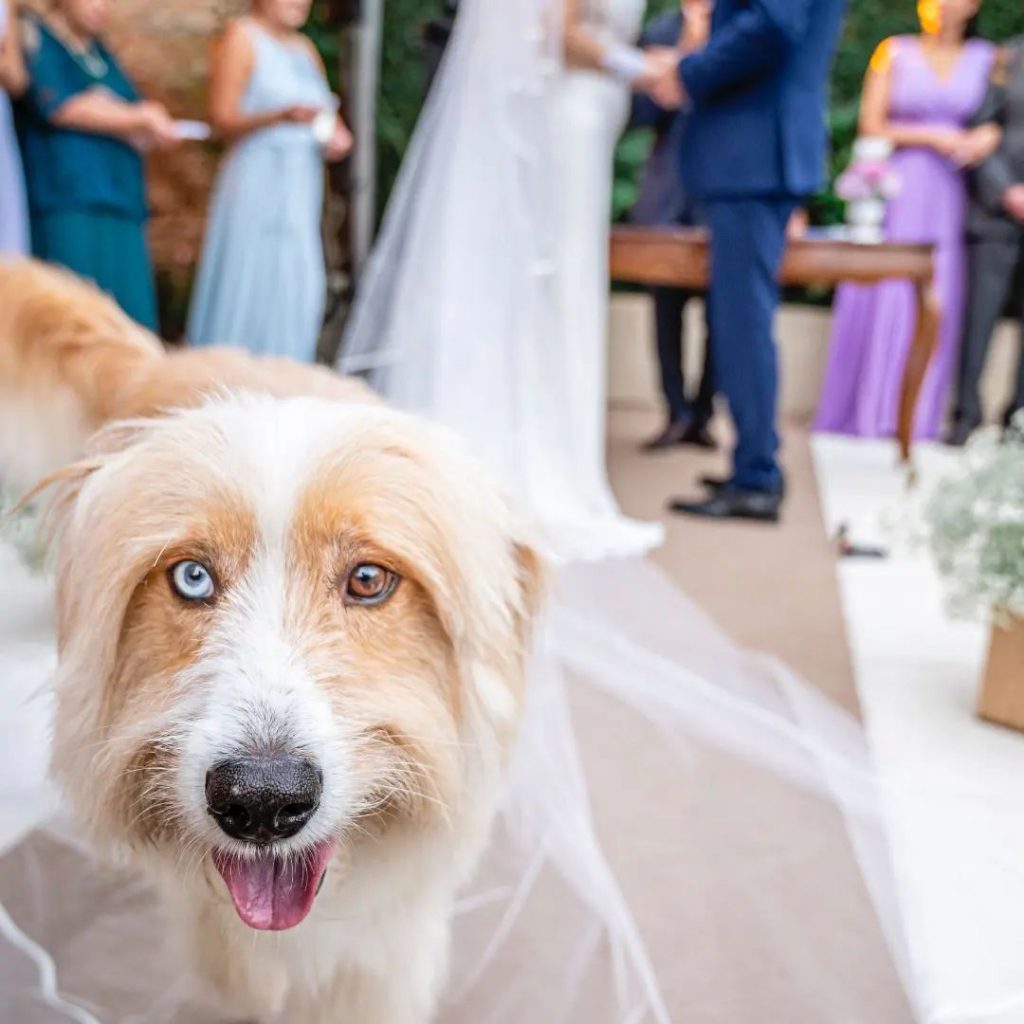
The “Look At Me” Engagement Game
Another effective game is the “Look At Me” Engagement Game. This game encourages the dog to make eye contact with the owner on command. Start by holding a treat near your face and using a command like “Look at me.” When the dog makes eye contact, reward them. This game is centered on get your dog to focus, reinforcing the bond and communication between the dog and the owner. As the dog becomes proficient, the game can be practiced in more distracting environments, thus enhancing the dog’s ability to focus amidst various stimuli.
Developing Obedience and Manners
Developing obedience and manners in dogs goes beyond basic command training; it’s about instilling a sense of discipline and appropriate behavior in various situations. This training ensures that dogs are well-behaved and can interact safely and comfortably in different environments.
Teaching Polite House Behaviors
A significant aspect of obedience training is teaching dogs polite house behaviors. This includes training them not to jump on guests, beg at the table, and wait patiently at doors before going out. One practical approach is to practice the “sit and wait” command, where the dog must sit and wait until given a signal to move or eat. This teaches patience and control.
Another aspect is managing their behavior around guests. Training sessions where a family member or friend acts as a guest can be beneficial. The dog is taught to sit calmly when someone enters the house and only approach when allowed. This reduces instances of jumping or overly enthusiastic greetings.
Games for Improving Leash Skills
Improving leash skills is another crucial part of obedience training. Many dogs pull on the leash or get easily distracted during walks. Games that simulate walking scenarios can be beneficial in addressing this. One method is practicing leash walking inside the house or in the backyard, with fewer distractions. Rewarding calm and focused walking behavior with treats and praise reinforces good leash manners.
Additionally, integrating stop-and-go games during walks can be beneficial. This involves randomly stopping during the walk and having the dog sit and focus before continuing. This reinforces the idea that they must heed the owner’s cues, even during walks.
Loose Leash Walking Games
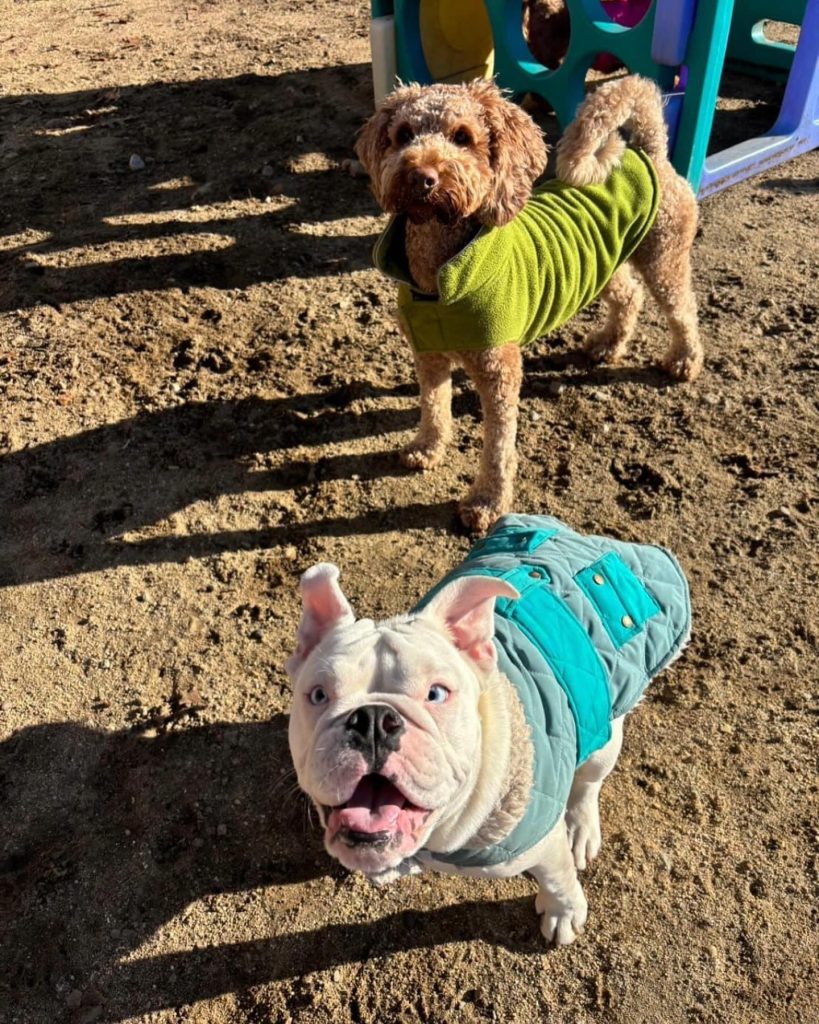
Loose leash walking is a crucial skill for dogs, ensuring that walks are enjoyable and safe for both the dog and the owner. It involves training the dog to walk calmly by the owner’s side without pulling on the leash. This skill is about physical control, mental focus, and understanding between the dog and the owner.
The “Follow Me” Walking Game
The “Follow Me” game is a fun and effective way to teach your dog loose leash walking. It starts with the owner walking in a safe, enclosed area, like a backyard or a quiet park. The idea is to change direction frequently and unpredictably. Every time the owner changes direction, they can use a cue like “this way” or “follow me.” The dog learns to pay attention to the owner’s movements and stay close to anticipate these changes. Treats and praise reward the dog for successfully staying by the owner’s side without pulling.
Advanced Leash Walking Techniques
Once the basic loose leash walking is mastered, introducing more advanced techniques can further refine the skill. This includes walking in more challenging environments with more distractions, like busy streets or parks. Practicing “sit” and “stay” commands intermittently during walks helps reinforce the dog’s focus and control.
Another advanced technique involves using a longer leash to give your dog more freedom while maintaining control. The dog is allowed to explore but is recalled to the owner’s side periodically. This teaches dogs to enjoy their surroundings without pulling or straying too far.
Recall Training Through Fun Activities
Practical recall training is vital for a dog’s safety, ensuring they return to their owner upon command. This training can be made enjoyable and rewarding through fun activities.
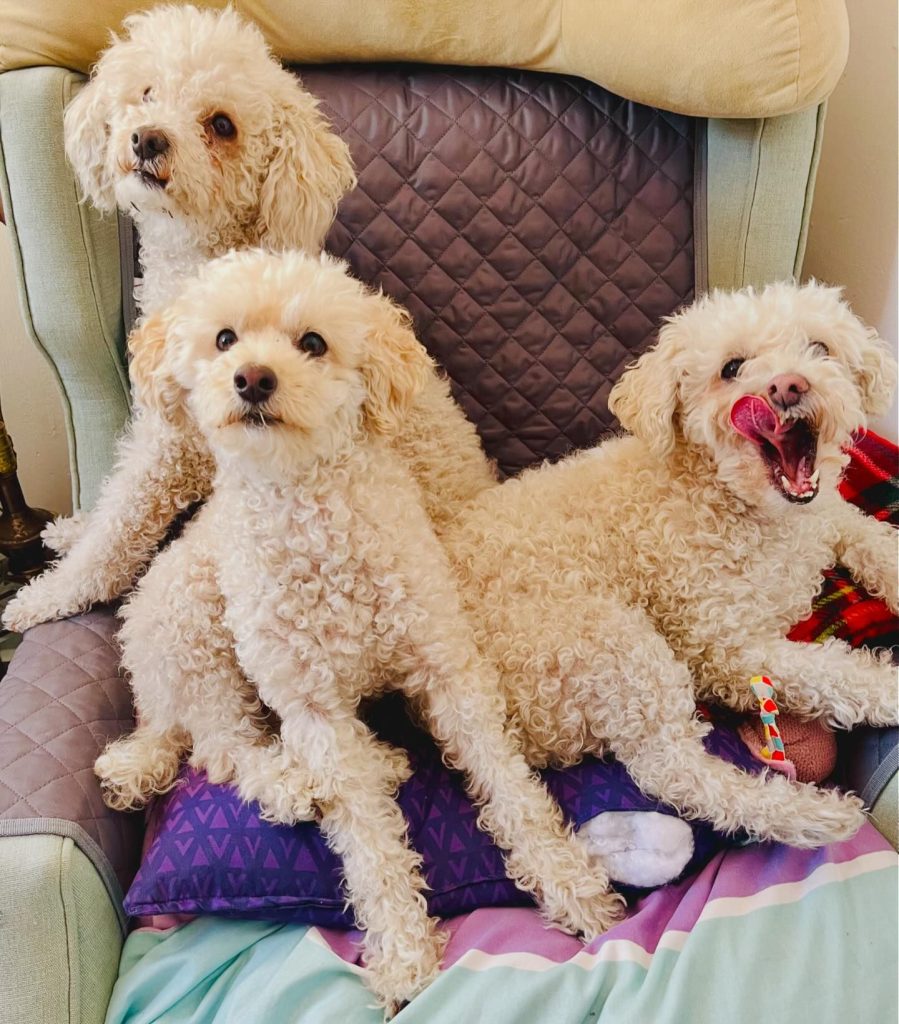
Hide-and-Seek and Ping-Pong Recall Games To Play
Hide-and-seek involves the owner hiding and calling the dog to find them, rewarding them upon arrival. This game enhances the dog’s recall ability and strengthens the bond between the dog and the owner.
The Ping-Pong game involves two or more people standing apart and taking turns to call your dog. Each time the dog comes upon being called, they receive a reward. This game improves recall and teaches the dog to respond to commands from different people.
Teaching Drop and Exchange Commands
Teaching dogs the ‘drop’ and ‘exchange’ commands is essential for managing their interactions with objects, ensuring they can safely let go of items when necessary. These commands help prevent possessive behaviors and ensure safety during play.
The “Give” and Exchange Games
The “Give” game is a straightforward yet effective method for teaching the drop command. It involves the dog holding an item in their mouth and the owner saying ‘give’ or ‘drop it.’ When the dog releases the item, they are immediately rewarded. Starting with low-value items and gradually moving to more enticing objects can help reinforce this behavior.
For the exchange game, the owner offers a more attractive item in exchange for what the dog currently has. This teaches the dog that releasing an item can produce a more rewarding outcome. It’s essential to practice these games consistently and with various objects to ensure the dog reliably understands and follows the commands.
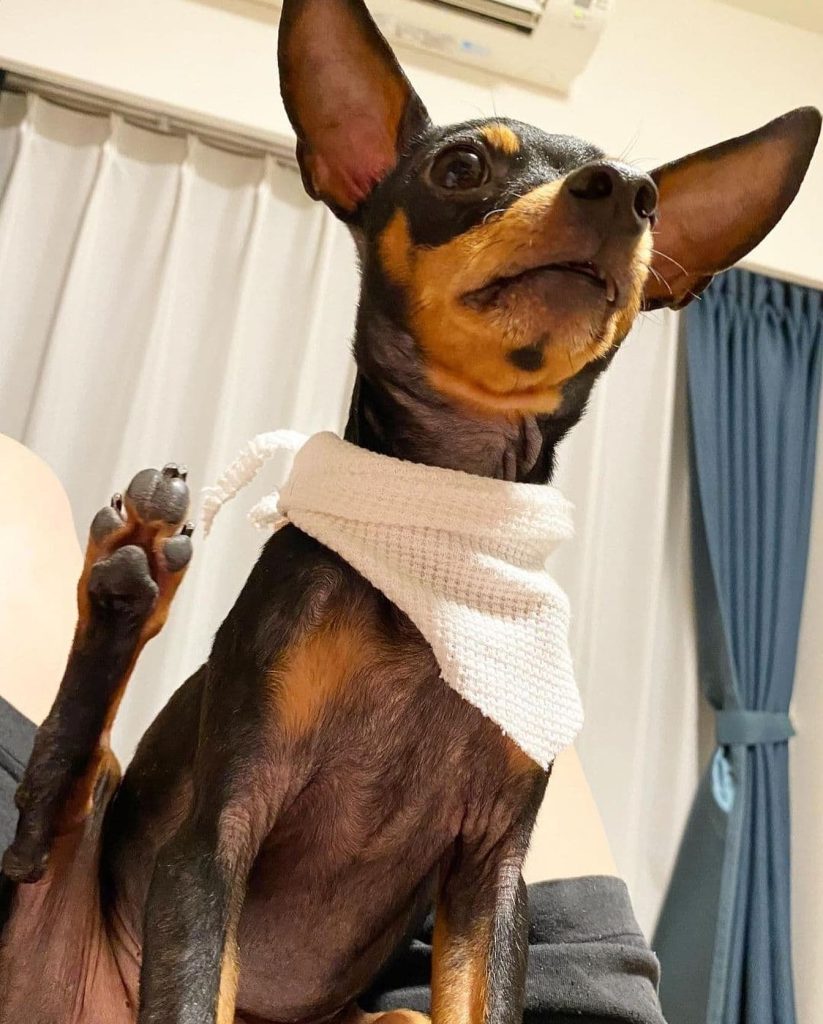
Desensitization and Reactivity Reduction
Desensitization and reactivity reduction are crucial training aspects for dogs that exhibit fear, anxiety, or overexcitement toward certain stimuli. These training techniques involve gradually and systematically exposing the dog to the stimuli in a controlled manner, reducing their reactive behavior over time.
The “Look at That!” Game for Nervous Dogs
The “Look at That!” game is designed to help nervous or reactive dogs learn to cope with stressful stimuli. The game starts by identifying a stimulus that causes a mild reaction in the dog. Each time the dog notices the stimulus, the owner calmly says, “Look at that!” and rewards the dog for simply looking at it without reacting. Gradually, the stimulus can be brought closer or more intense as the dog becomes more comfortable.
Scent Work and Nose Games
Scent work and nose games tap into a dog’s natural sniffing instincts, providing mental stimulation and fun. These activities enhance a dog’s sensory skills and can be a rewarding part of their training routine.
Advanced Scent Challenges and Nosework
Advanced scent challenges involve hiding specific scents for the dog to find, progressively increasing the difficulty level. This can range from finding treats hidden around the house to identifying specific scents like essential oils. Nosework games keep a dog mentally engaged and provide a sense of purpose and achievement.
Training for Specific Behaviors
Customizing training games for specific behaviors effectively addresses different dogs’ individual needs and challenges. Tailoring games to target particular skills ensures that training is relevant and enjoyable for each dog.
Custom Games for Specific Training Goals
Developing custom games involves identifying the specific behavior or skill to be improved and creating a game that focuses on that aspect. For instance, if a dog struggles with staying in a designated area, a game that rewards them for staying within boundaries can be beneficial. For dogs needing to improve impulse control, games like ‘Wait for Treat,’ where they must wait patiently before receiving a reward, can be very effective.
Closing Thoughts on Dog Training Games
Dog training games are more than just play; they are essential to a dog’s development and well-being. These games foster a strong bond between dogs and their owners, enhance mental stimulation, and ensure physical exercise. Tailoring games to suit a dog’s age, breed, and individual needs makes training an enjoyable and rewarding experience for both the dog and the owner. Ultimately, consistently using these games leads to a well-behaved, obedient, and happy canine companion, showcasing the power of play in dog training.
